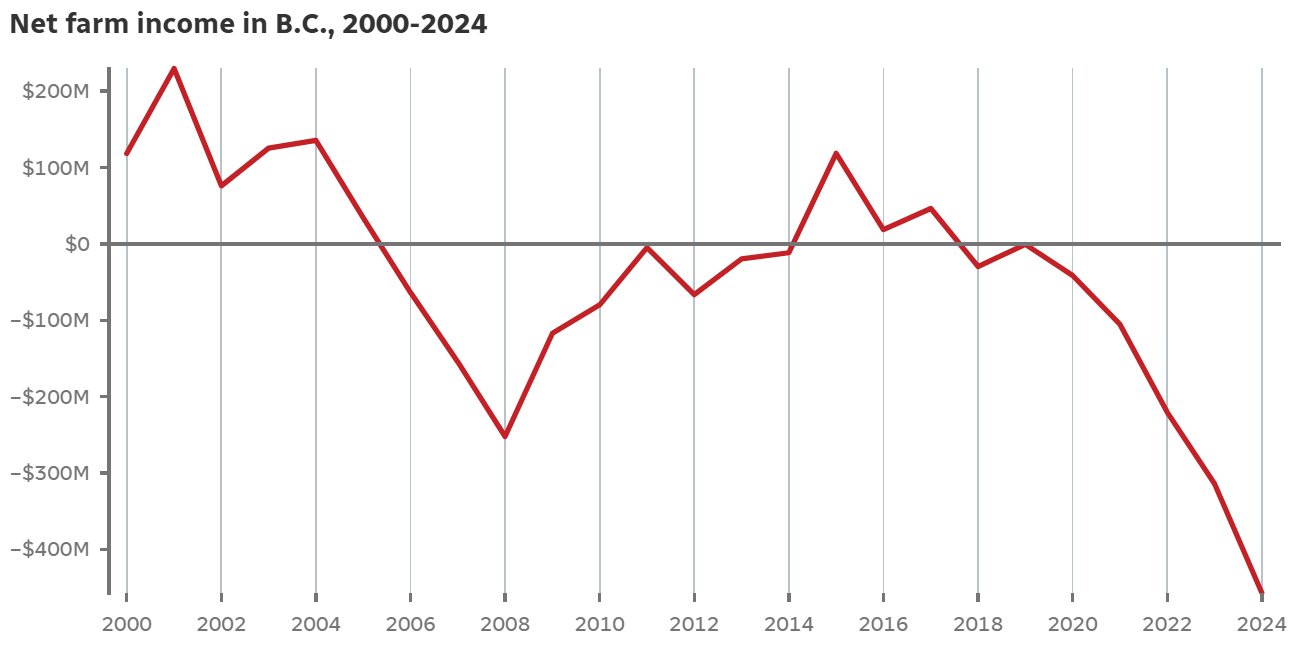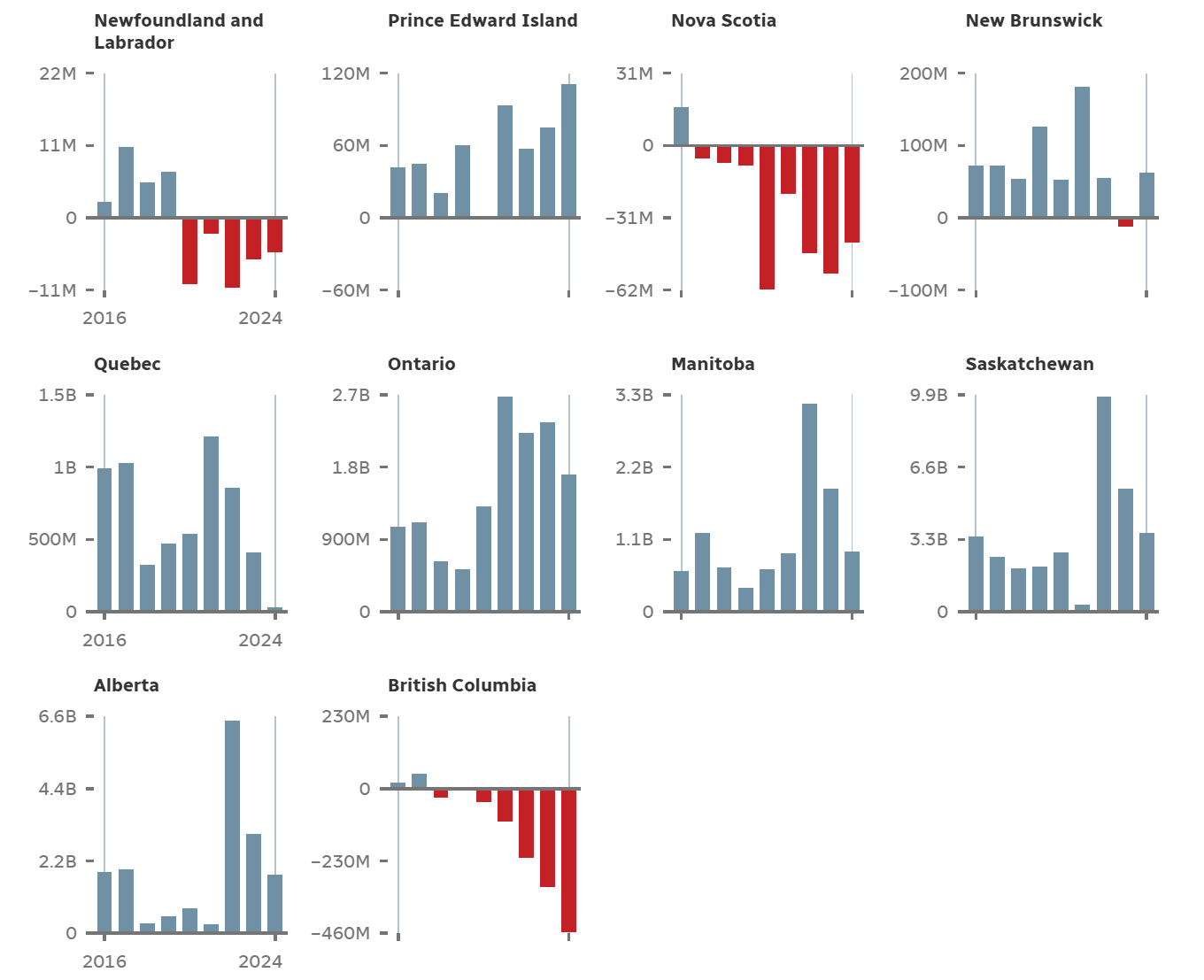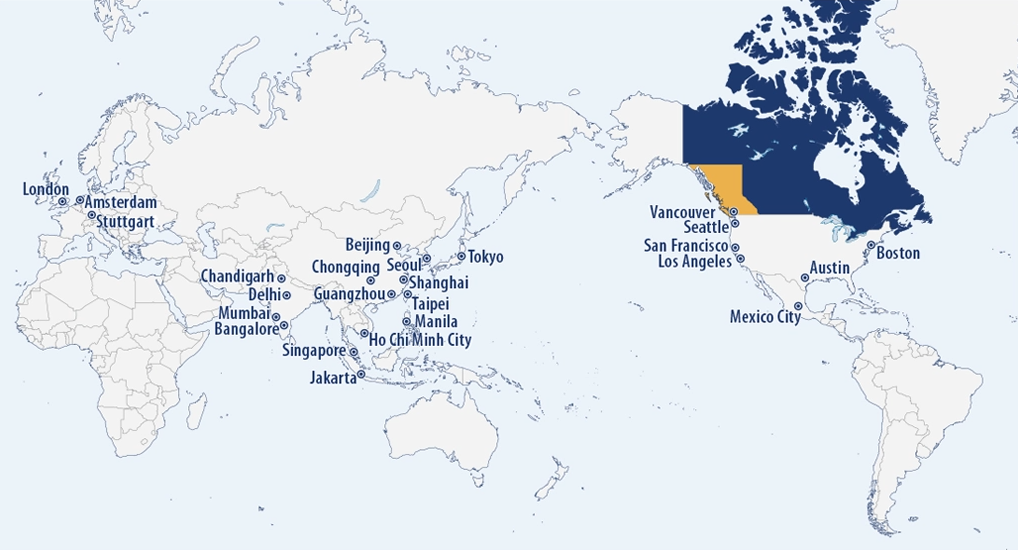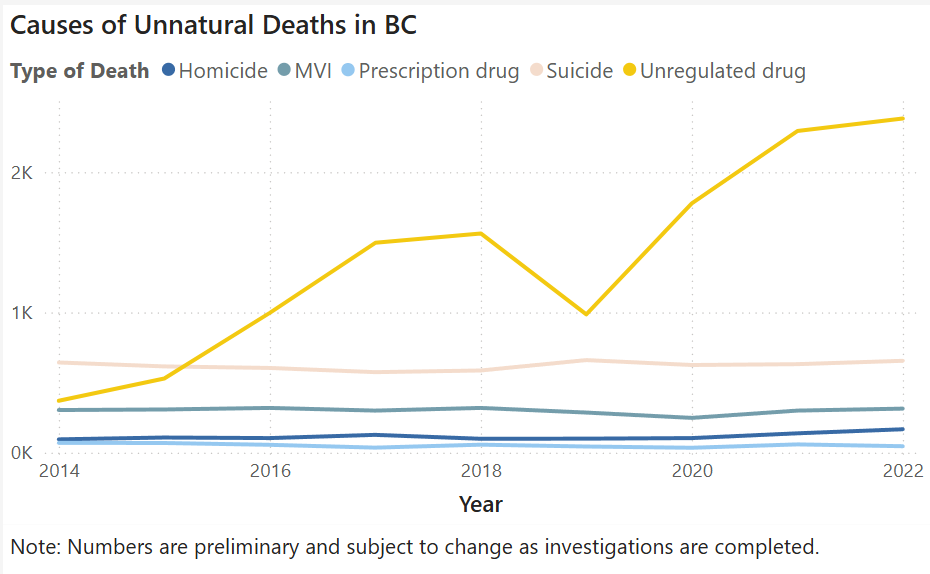Eby tied for second-least popular premier as approval hits new low
(Image courtesy of CBC)
British Columbia Premier David Eby’s approval rating has fallen to its lowest point since he took office, leaving him tied for second-least popular among Canada’s premiers, according to new polling from the Angus Reid Institute.
The non-profit pollster reports 41 percent of British Columbians approve of Eby’s performance, down five points since June and 12 since March. It is the second consecutive quarter that his approval has declined.
Angus Reid attributes the slide to a series of pressures on the provincial government, including a continuing strike by the BC General Employees’ Union (BCGEU), growing fiscal shortfalls, and fallout from recent court decisions on Indigenous land rights. Eby’s BC NDP was re-elected less than a year ago.
$10.9 billion deficit
Economic indicators have darkened through late summer. The province’s 2025/2026 budget projects a deficit of 10.9 billion dollars. On April 2, 2025, both S&P Global Ratings and Moody’s downgraded BC’s credit; S&P lowered the province to A-plus from AA-minus, and Moody’s cut long-term ratings to AA2 from AA1 while maintaining a negative outlook.
Labour market data also weakened in August. Statistics Canada reported British Columbia lost 16,000 jobs in the month — the second straight monthly decline — with the provincial unemployment rate rising to 6.2 percent.
Job action by public service workers has intensified. The BCGEU began job action on September 2 and escalated pickets across multiple locations through the following week as the dispute continued.
Beyond the immediate labour and fiscal issues detailed by Angus Reid, several policy files have added to the sense of strain in BC’s economy. Coastal Front’s reporting in July highlighted deep losses in the province’s agricultural sector, citing Statistics Canada data showing a $457 million net farm income loss in 2024 — the largest in the country — and a broader pattern of farms failing to turn a profit since 2017. Industry sources noted compounding pressures, from land costs and interest rates to climate-related disasters.
Courtesy of CBC/Statistics Canada
Housing pressures remain unresolved even as public spending increases. In June, Coastal Front reported that the province committed $775 million to build 4,600 rental homes, even as Metro Vancouver’s unsold condominium inventory was expected to reach 3,500 units by the end of 2025. The gap between new commitments and softening market demand highlights how affordability goals continue to clash with economic reality.
International trade strategy has become another focal point for scrutiny. As the premier embarked on a June trade mission to Japan, Malaysia and South Korea, the government promoted diversification and job creation but provided few measurable indicators for outcomes. Coastal Front’s earlier freedom-of-information request documented more than $27 million in spending over five years to operate trade offices across Asia, with key financial details redacted and little public reporting on results. That history has fueled questions about the value-for-money of new missions and offices at a time of wider fiscal concerns.
(Locations of all BC trade offices as of 2025. Image courtesy of the BC government)
Screen-based production, a bellwether for BC’s services economy, shows similar contradictions. While the province remains a major hub, Coastal Front reported in May that tax credit disbursements for film and television surpassed $1.5 billion in 2023/2024 — a record payout that reflects the lag between approvals and reimbursements — even as certified production volumes fell from the previous year. The absence of consolidated public tables and year-over-year comparisons has made it difficult to assess whether rising subsidies are delivering proportional benefits during a slowdown.
Public health remains a persistent backdrop. Nine years after BC declared a public health emergency over toxic drugs, the death toll has climbed into the tens of thousands, and spending commitments have grown. Coastal Front’s analysis in May summarized the continuing scale of the emergency and the uneven results across treatment and harm reduction, adding yet another layer of pressure on provincial capacity and finances. At the same time, regular emergency room closures and a lack of access to family physicians — affecting hundreds of thousands of British Columbians — have fuelled discontent.
(Image courtesy of BC Coroners Service)
Nine percent ‘strongly approve’
In the survey’s detailed breakdown for British Columbia, nine percent strongly approve of Eby’s performance and 32 percent strongly disapprove, with a further 32 percent moderately approving and 18 percent moderately disapproving; nine percent were unsure.
Across Canada, only Quebec’s François Legault fares worse. Legault’s approval has dropped to 22 percent, a new low for his tenure.
Ontario Premier Doug Ford is tied with Eby at 41 percent, but his trajectory differs: Ford is up three points from June’s 38 percent.
At the other end of the spectrum, Manitoba’s Wab Kinew leads all premiers with 61 percent approval, while Saskatchewan’s Scott Moe and Alberta’s Danielle Smith sit mid-pack at 50 percent and 46 percent, respectively.
Eby’s decline reflects more than routine midterm fatigue. Economic strain, labour unrest, a decaying healthcare system, questionable spending, and unmet housing promises have left his government confronting mounting public distrust.






